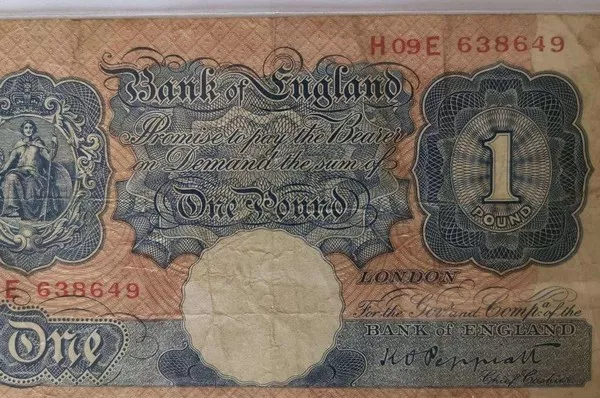A Comprehensive Guide
The GBP currency, also known as the British pound sterling, is the official currency of the United Kingdom. It is one of the oldest currencies in the world, with a history that dates back over 1,200 years. In this article, we will provide a comprehensive guide on what GBP currency is, its history, and how it is used in the modern world.
GBP Currency History
The origins of the GBP currency can be traced back to the Anglo-Saxon period, when the first English coins were minted. The word “pound” comes from the Latin word “libra,” which means a unit of weight. In the early days, the pound was a unit of account, and its value was equivalent to a pound of silver. However, in the 17th century, the pound was officially defined as 113 grains of gold.
Over the centuries, the GBP currency has gone through many changes, both in terms of its value and its physical appearance. Today, the GBP currency is made up of coins and banknotes, with denominations ranging from 1 penny to £50.
GBP Currency in the Modern World
Today, the GBP currency is one of the most widely traded currencies in the world. It is used not only in the United Kingdom but also in other countries such as Gibraltar, Falkland Islands, and Saint Helena. The GBP currency is also used as a reserve currency by many central banks around the world.
In addition to its use as a traditional currency, GBP is also commonly used in international trade and finance. Many international transactions, such as buying and selling goods and services, are conducted using GBP. The GBP currency is also used as a benchmark for measuring the performance of other currencies, as well as for setting interest rates and other monetary policies.
Factors Affecting the Value of GBP
Like all currencies, the value of GBP is affected by a wide range of factors, including economic data, political events, and market sentiment. Some of the key factors that can influence the value of the GBP currency include:
- Interest Rates: The Bank of England sets interest rates for the UK economy, which can have a significant impact on the value of the GBP currency.
- Economic Data: Economic indicators such as GDP, inflation, and employment figures can all impact the value of the GBP currency.
- Political Events: Political events such as elections or referendums can also affect the value of GBP, as they can create uncertainty and volatility in the markets.
Conclusion
In conclusion, the GBP currency is one of the oldest and most widely traded currencies in the world. It has a rich history dating back over 1,200 years and continues to play an important role in international trade and finance today. As with all currencies, the value of GBP is impacted by a range of factors, including economic data, political events, and market sentiment. Understanding these factors is essential for anyone looking to invest or trade in GBP.


